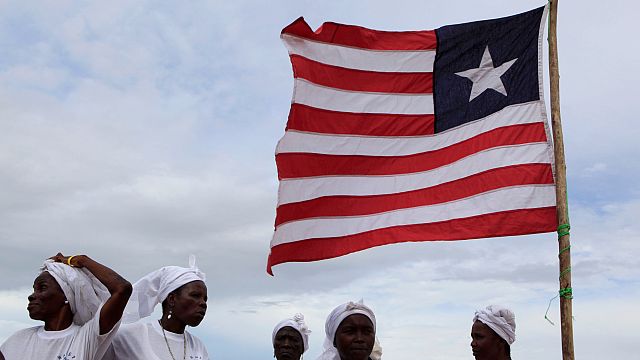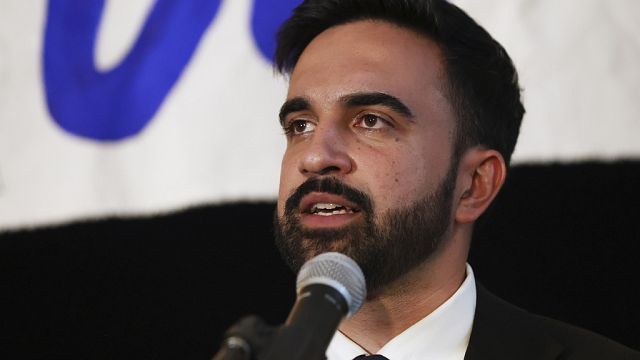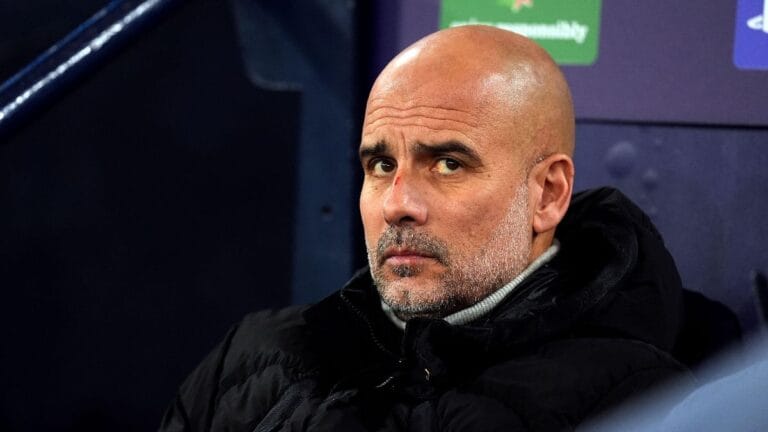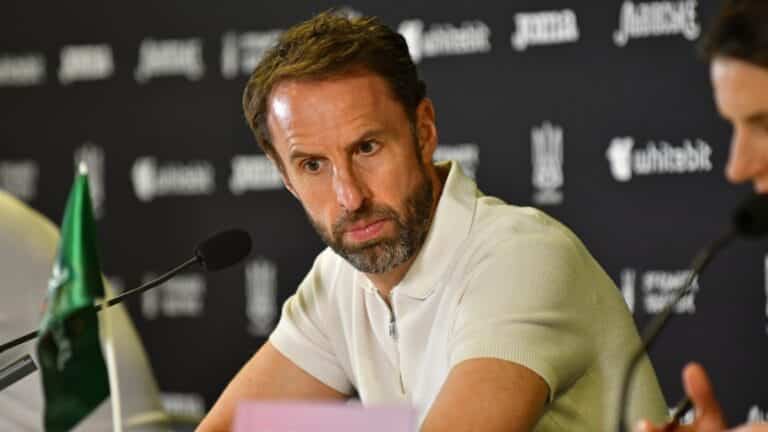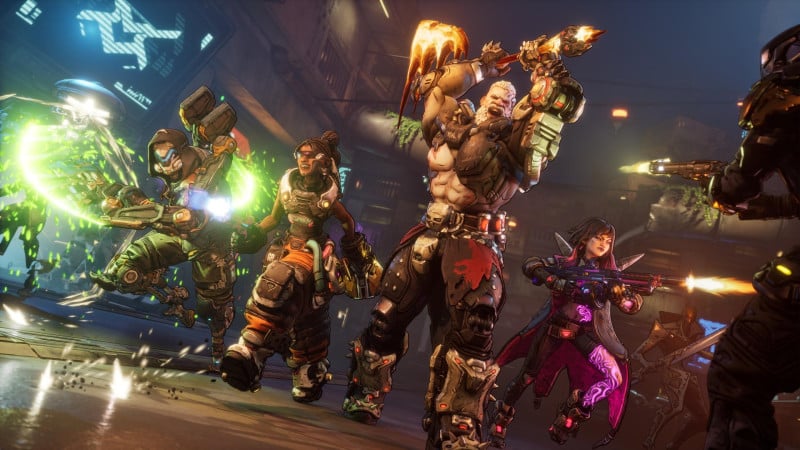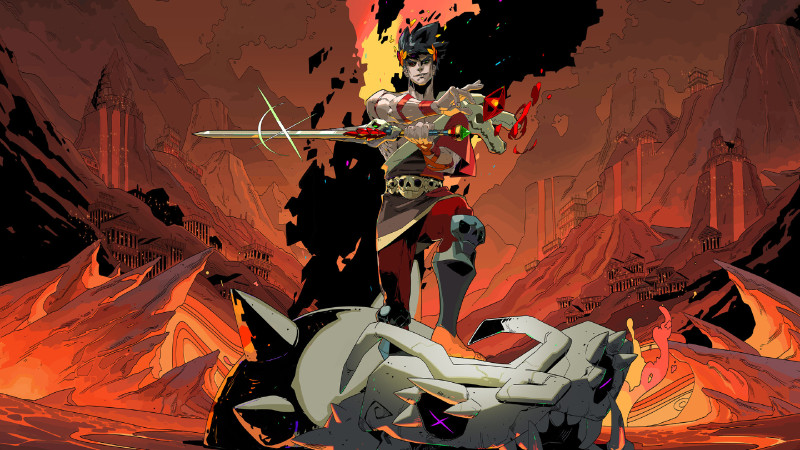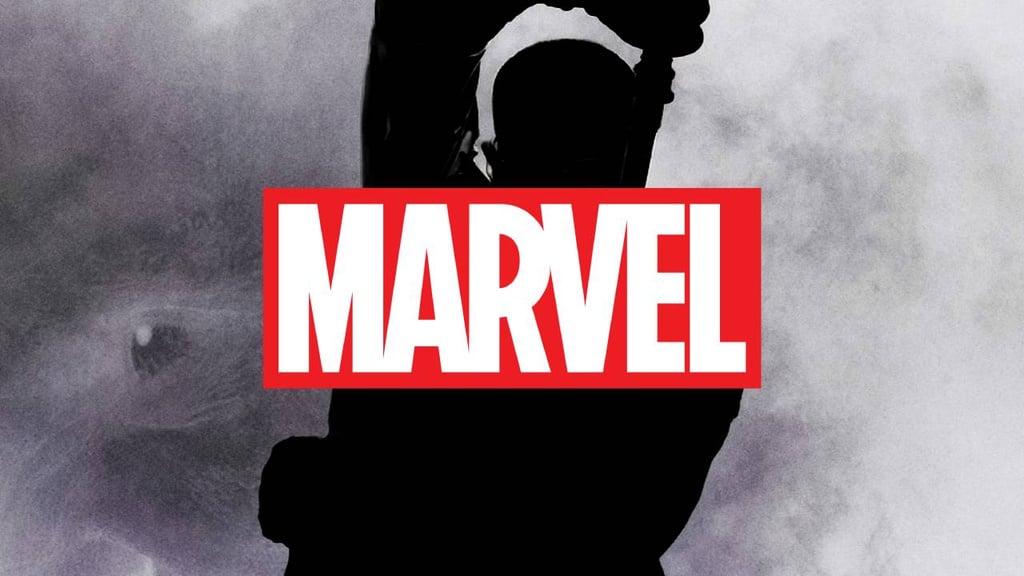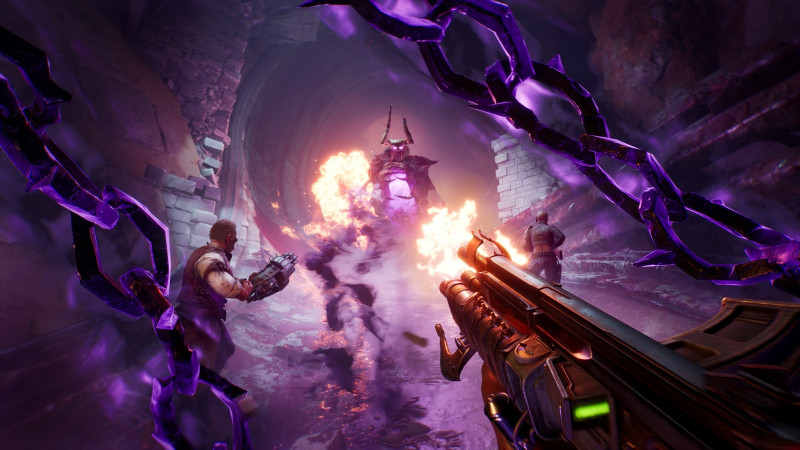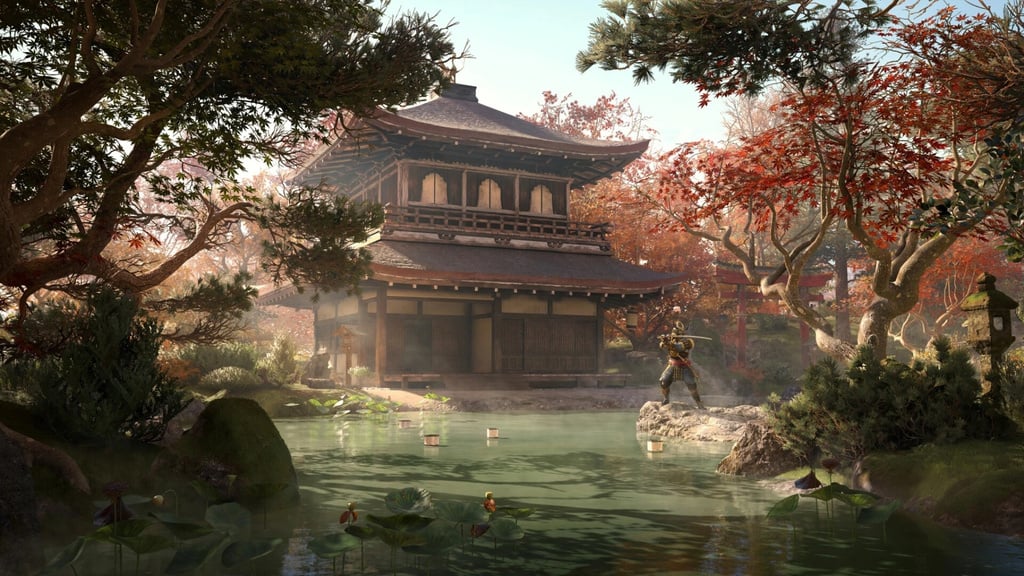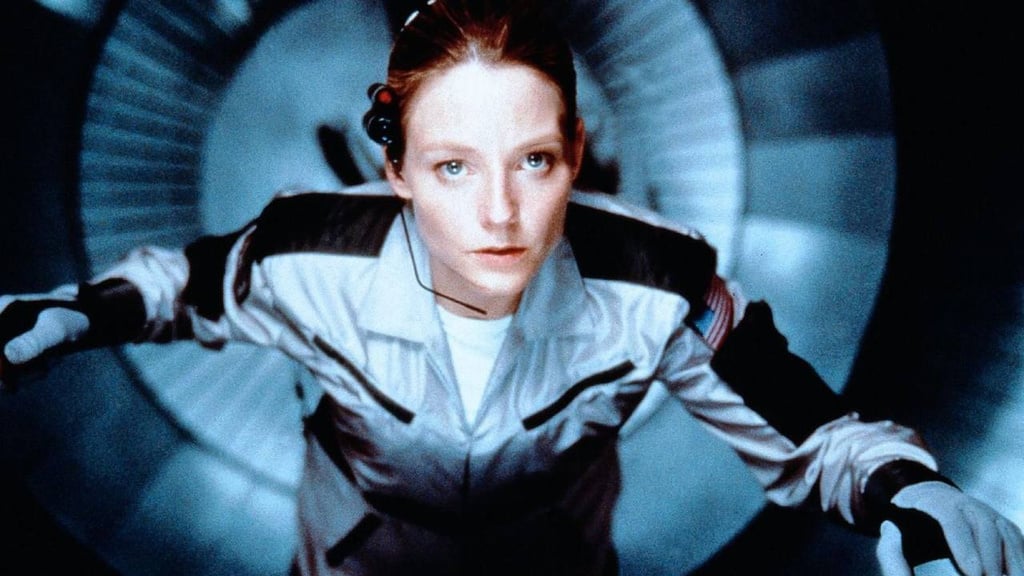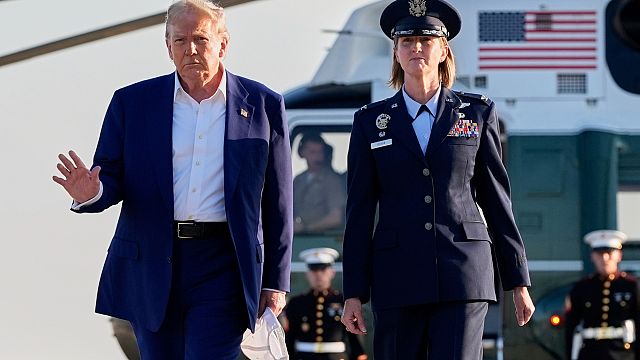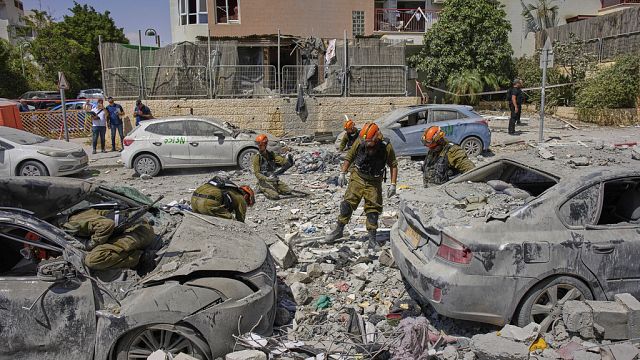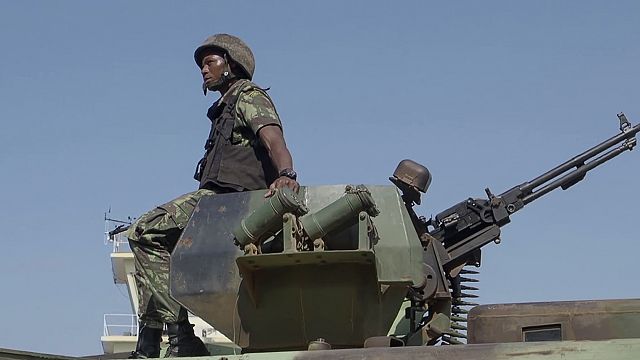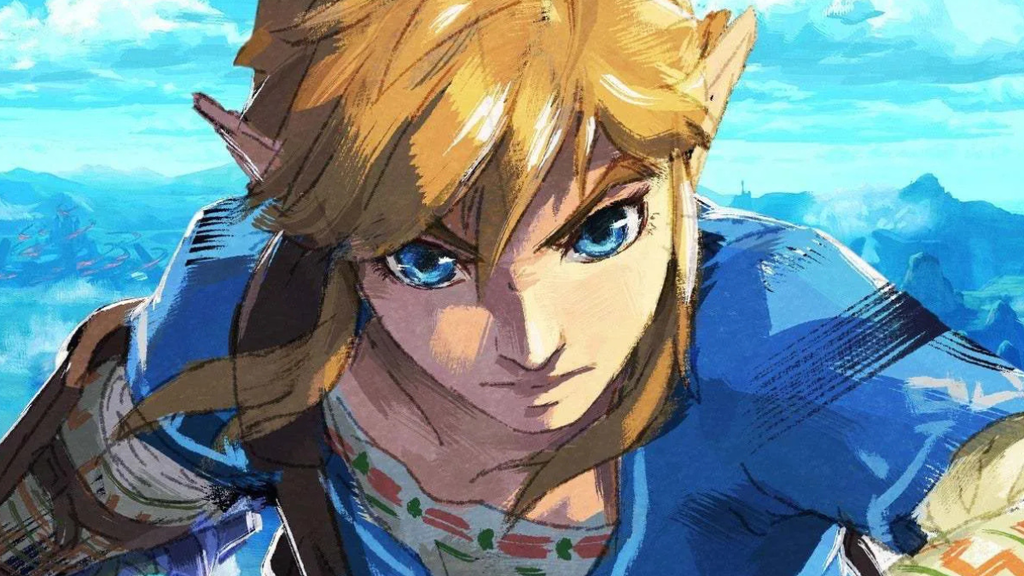At Least 8 Killed as Protesters Battle Police in Kenya

Demonstrators joined antigovernment marches across the country a year after huge rallies against a contentious tax plan left more than 60 people dead. At least eight people were killed and hundreds were injured in Kenya on Wednesday, rights groups said, as thousands faced off with the police amid nationwide protests that laid bare the anger at President William Ruto’s government. The police fired live rounds, rubber bullets and tear gas and sprayed water cannons at protesters who were waving Kenyan flags and blowing whistles in central Nairobi, where banks and businesses were closed amid a heavy security presence. Officers also closed some major roads leading to the city center and blocked routes connecting to Parliament with barbed wire. Wednesday’s marches marked the anniversary of huge demonstrations against a contentious tax plan, which ended last year with more than 60 people dead. In the wake of those protests, dozens of people, including activists, medical workers and social media influencers, were abducted, interrogated and tortured, according to interviews with activists and rights lawyers. This year’s protests have already proved dangerous. At least 400 people were injured in Wednesday’s protests, 83 of them seriously, an alliance of grass-roots organizations said in a statement late on Wednesday. At least eight demonstrators received medical care for gunshot injuries, and among the wounded were three police officers, those groups said. “Many of us are being killed with no reason,” said Don Cliff Ochieng, a 24-year-old security guard in Nairobi who said that he was protesting because of the lack of economic opportunities and police brutality. “It is our right to demonstrate,” he added. On Tuesday, Kenya’s top police official, Douglas Kanja Kirocho, urged the public in a statement to “refrain from provocative acts directed at police officers in the execution of their duties.” Kenya’s government directed all television and radio stations to cease live coverage of the protests, a move widely criticized by media associations and rights groups. At least two private stations said that the authorities had switched off their signals. There was also a restriction on the messaging app Telegram, according to the internet watchdog group NetBlocks. On Wednesday, many protesters, some of them holding roses and photographs of those who were killed last year, chanted, “Ruto must go!” The protesters “are not feeling heard, and there’s a sense that things have not really changed since the protests last year,” said Meron Elias, an East Africa analyst at the International Crisis Group, a nonprofit group. “They want to remind the government that this is not a problem that will easily go away,” she added. Last year, tens of thousands of Kenyans took to the streets to challenge a proposed finance bill that many feared would increase the cost of living by raising taxes on everyday goods and services. Those demonstrations were largely mobilized by younger Kenyans who used social media platforms to rally against the plans. When members of Parliament approved the bill on June 25 last year, protesters clashed with the police in Nairobi, and some stormed the legislature, briefly setting its entrance on fire and forcing lawmakers to flee. At the time, Mr. Ruto called the demonstrators “dangerous criminals” and “treasonous,” and deployed the military to assist the police in cracking down on the unrest. The Kenyan police have repeatedly denied targeting protesters during the 2024 unrest. Mr. Ruto has said that all those abducted or disappeared have been returned to their families. A day after those protests, Mr. Ruto backed off from signing the bill into law, even after he had insisted that the measures were necessary to revitalize the country’s beleaguered economy and avoid a debt default. Observers say that lingering anger over a continued lack of accountability for the violence last year, along with persistent economic hardship, was fueling this year’s demonstrations. Mr. Ruto, who was elected in 2022 on promises to uplift the poor, faces a growing political crisis. Critics say he has fallen short of his pledges, citing rising taxes, corruption scandals in his government, the opulent lifestyle of his allies and an increasingly heavy-handed suppression of dissent. Mr. Ruto reiterated his support for the police ahead of the latest protests. On Tuesday, in an address at his official residence in Nairobi to a group that included some of his cabinet ministers, he said: “You cannot intimidate the police. You cannot use force against the police, or insult or threaten the police. You are threatening our nation.” Last week, a man was shot in the head in Nairobi during a demonstration against police violence. That rally and others had been fueled by news of the death of Albert Ojwang, a blogger who died in police custody after being arrested on a charge of “false publication.” Protesters and local news outlets reported that people in civilian clothing carrying weapons had accompanied the police as they cracked down on those protests last week. A joint statement released by several Western governments, including the United States, on Tuesday, criticized the use of “plainclothed officers in unmarked vehicles,” and expressed concern about the “use of hired ‘goons’ to infiltrate or disrupt peaceful gatherings.” On Wednesday, many protesters said that they just wanted to peacefully commemorate those who died last year. “Do you see us with any weapons?” Audrey Bartai, an 18-year-old student, said. “No. We have a right to protest.”
What's Your Reaction?
 Like
0
Like
0
 Dislike
0
Dislike
0
 Love
0
Love
0
 Funny
0
Funny
0
 Angry
0
Angry
0
 Sad
0
Sad
0
 Wow
0
Wow
0




